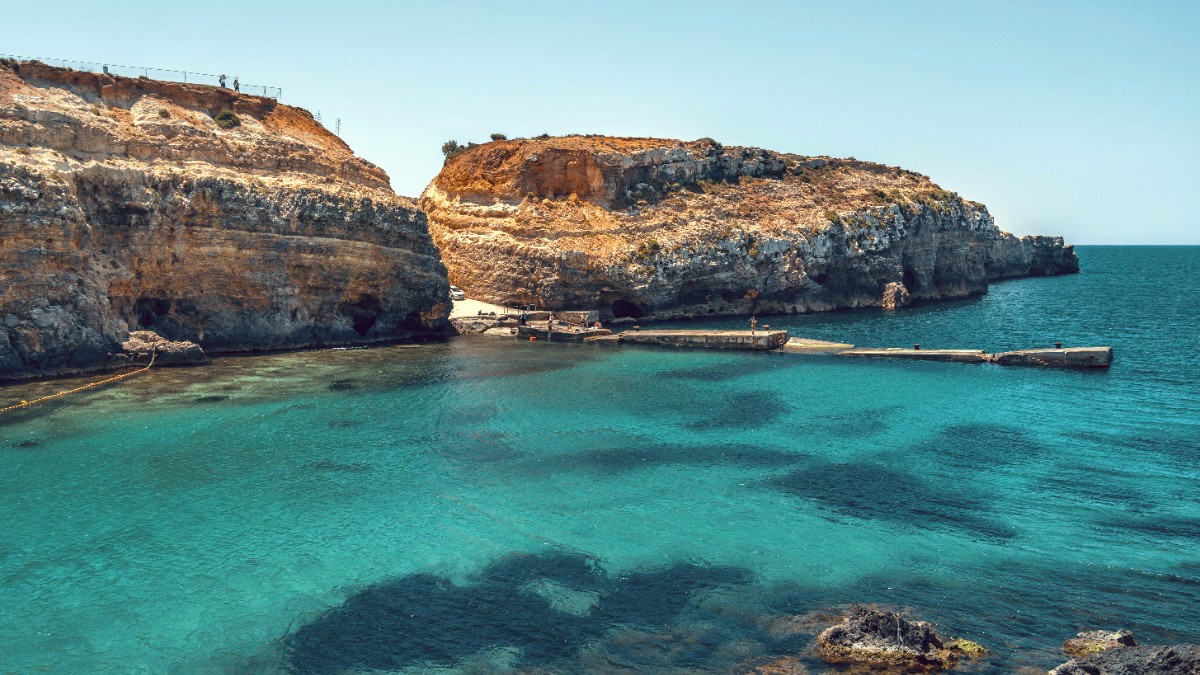
Malta
Natura 2000 sites like Dwejra conserve natural habitats and wild species. Respect all signage and restrictions.
Efforts protect Gozo's marine life. Dive centers promote responsible diving practices (no touching marine life).
Support local conservation groups or projects to contribute to the island's environmental protection efforts.
Mindful practices reduce your environmental footprint in Gozo.
Malta operates a recycling system with separate bins for different waste types (plastic, metal, carton, paper, glass, organic).
Gozo, like Malta, faces water scarcity. The islands rely on desalination and groundwater, both resource-intensive.
Consider offsetting the carbon emissions from your flights. Many airlines feature carbon offset programs.
Look for accommodations with eco-certifications or those that actively champion sustainable practices.
Carry your reusable water bottle. Gozo relies on desalination, an energy-intensive process, so your mindful water usage truly matters.
Interacting respectfully with Gozo's culture enriches your journey.
Show respect for local traditions, especially during village Festas (religious feasts) and other religious ceremonies.
Learning a few basic Maltese phrases like `Grazzi` or `Bonġu` is a sign of respect and often appreciated by locals.
Always ask for permission before photographing individuals, especially children, in rural areas, or during private moments.
Always observe the dress code (shoulders and knees covered). Be quiet and respectful inside churches.
Choose locally owned guesthouses or traditional farmhouses.
Book directly with local businesses to secure full payment.
Support operators who employ local staff and know the island.
When choosing accommodation and dining, opt for locally owned guesthouses and restaurants over international chains.
Your spending choices directly contribute to Gozo’s economy and community well-being.
Seek out local artisan workshops and shops that sell genuine handmade products, like Gozo lace, Gozo glass, and pottery.
Choose local Gozitan tour operators for excursions, diving trips, and other activities. They employ local staff and have a deep understanding of the island.
Research local charities if you wish to help, rather than giving directly.
Do not support activities that exploit animals. Report concerns to local authorities.
Support conservation organizations like The Rainforest Site.